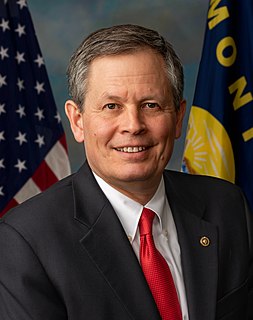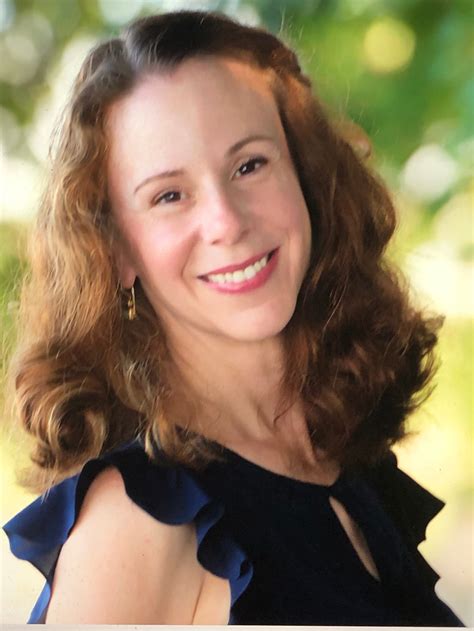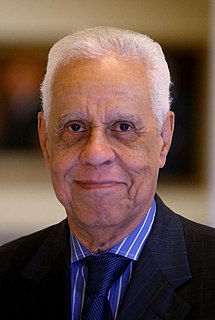A Quote by William J. Clinton
Whether our ancestors came here on the Mayflower, on slave ships, whether they came to Ellis Island or LAX in Los Angeles, whether they came yesterday or walked this land a thousand years ago our great challenge for the 21st century is to find a way to be One America. We can meet all the other challenges if we can go forward as One America.
Related Quotes
Contemporary philosophers are facing problems that were unthinkable only one century ago, such as whether space and time are mutually Independent, whether there is objective chance or only uncertainty, whether physics can explain chemical change, whether our behavior is fully determined by our genomes, whether ideation can change the brain, or whether either the economy or ideas are the ultimate roots of the social.
I have just as much right to stay in America - in fact, the black people have contributed more to America than any other race, because our kids have fought here for what was called "democracy"; our mothers and fathers were sold and bought here for a price. So all I can say when they say "go back to Africa," I say "when you send the Chinese back to China, the Italians back to Italy, etc., and you get on that Mayflower from whence you came, and give the Indians their land back, who really would be here at home?"
I don't know that I would have the courage to come over to a new country where the religion is different, the language is different, where I don't have any money. The thought of starting over like that in the way that many refugee families have to start all over again - that's an incredible thing to think about. One of the things I tell about Refugee is that unless you're Native American or a descendant of slaves, your family immigrated to this country - whether they came over on the Mayflower or whether they came over on a raft last year.
Leadership is the great challenge of the 21st century in science, politics, education, and industry. But the greatest challenge in leadership is parenting. We need to do more than just get our enterprises ready for the challenges of the twenty-first century. We also need to get our children ready for the challenges of the 21st century.
The true test of the American ideal is whether we're able to recognize our failings and then rise together to meet the challenges of our time. Whether we allow ourselves to be shaped by events and history, or whether we act to shape them. Whether chance of birth or circumstance decides life's big winners and losers, or whether we build a community where, at the very least, everyone has a chance to work hard, get ahead, and reach their dreams.
At last, the answer why. The lesson that had been so hard to find, so difficult to learn, came quick and clear and simple. The reason for problems is to overcome them. Why, that’s the very nature of man, I thought, to press past limits, to prove his freedom. It isn’t the challenge that faces us, that determines who we are and what we are becoming, but the way we meet the challenge, whether we toss a match at the wreck or work our way through it, step by step, to freedom.
Government or politics in America today is big business. Everybody makes money involving themselves in one way or the other, whether it's pollsters, whether they are policy wonks, whether they are pundits, whether they are those who believe that they must call it as they see it and then to be fair about it.
I really don't know why it is that all of us are so committed to the sea, except I think it is because in addition to the fact that the sea changes and the light changes, and ships change, it is because we all came from the sea. And it is an interesting biological fact that all of us have, in our veins the exact same percentage of salt in our blood that exists in the ocean, and, therefore, we have salt in our blood, in our sweat, in our tears. We are tied to the ocean. And when we go back to the sea, whether it is to sail or to watch it we are going back from whence we came.
































